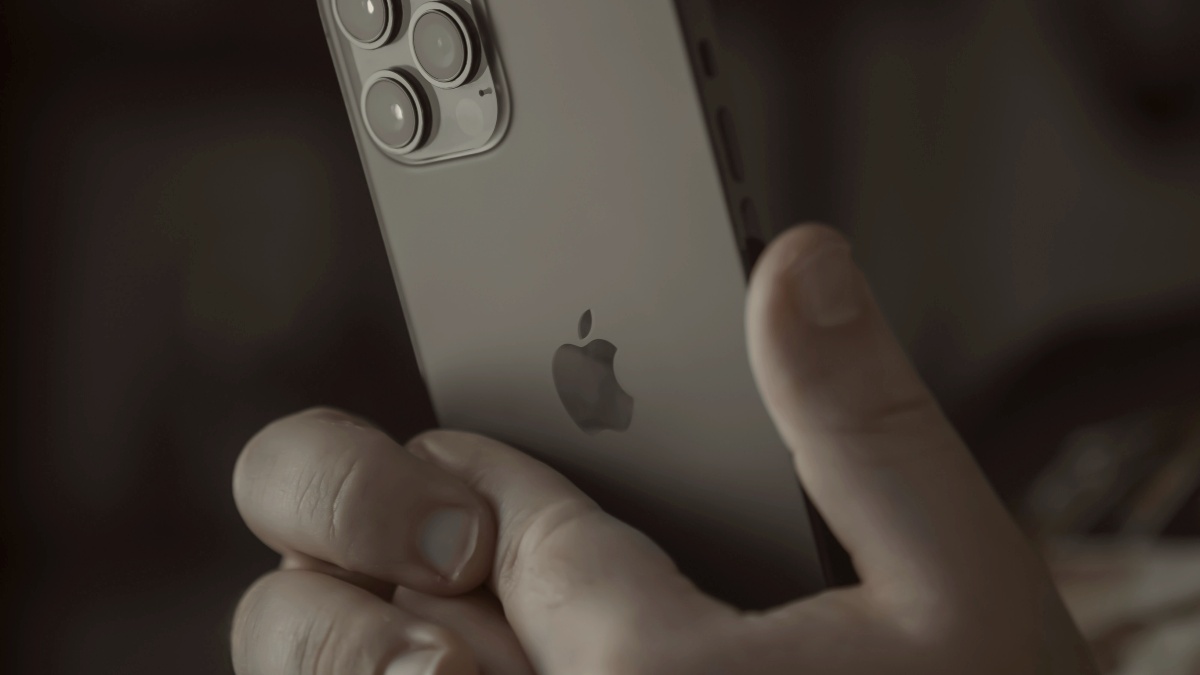
Your Phone Is Making You Hallucinate: 'Phantom Vibration Syndrome' Explained
If you've ever questioned your sanity after checking your phone for what seemed to be no reason, you're not alone. Here's why.

By Mark Travers, Ph.D. | September 20, 2024
With smartphones becoming such a central part of our lives, they've brought us some incredible conveniences. Communication has never been easier, and information has never been more accessible. But, despite how connected and productive they allow us to be, our phones have inadvertently become an extension of our bodies—and with this extension has come a variety of issues.
From doomscrolling and nomophobia to notification overload and digital fatigue, it's certainly not all silver linings. And, according to psychological research, a new addition has made its way into the list of smartphone-related disturbances: "phantom vibration syndrome."
What Is 'Phantom Vibration Syndrome'?
Have you ever been going about your day, only to swear you heard your phone buzz or felt it vibrate in your pocket? Yet, when you checked it… nothing. No missed call, no message, not even a social media notification. You likely chalked it up to a glitch of sorts—because, after all, you certainly felt it buzz against your leg, or heard it warble against a surface. In most cases, however, this is no glitch; this is phantom vibration syndrome.
According to a 2012 study published in Computers in Human Behavior, phantom vibration syndrome—also colloquially known as "textaphrenia" or "ringxiety"—refers to the perception of a phone's vibration or notification noise when there was, in fact, never a notification in the first place. This baffling phenomenon is what the authors described as "a misinterpretation of sensory stimuli or, in the absence of sensory stimulation, a tactile hallucination." Remarkably, the researchers found that nearly 89% of participants in their study experienced this at least once every two weeks.
It can be rather jarring to realize that something as ordinary as a smartphone can cause hallucinations. But, if you've had this experience before, the statistics suggest that you're certainly not alone. "ONCE EVERY TWO WEEKS????? This happens to me at least once a day," remarked one Reddit user in a discussion thread about the phenomenon. "Most of the time I don't feel a vibration, I hear the quick little 'bz' and there is nothing," they continued.
An influx of users followed with their own bewildering experiences: "Really freaks me out sometimes when my phone isn't in my pocket at all, but I feel a vibration anyway." Surprisingly, some users seem to be well-acquainted with the phenomenon: "Back in the days of pagers (aka beepers), we referred to that as beepilepsy." Clearly, phantom vibrations are more common than we might think—and they definitely aren't novel either.
What Causes 'Phantom Vibration Syndrome'?
If you've ever felt a phantom vibration, rest assured—you're not losing your mind. Researchers have proposed a variety of explanations for phantom vibration syndrome, many of which are grounded in neuroscience. A 2010 study published in BMJ suggests that these sensations may result from the brain misinterpreting incoming sensory signals.
The authors explain, "In order to deal with the overwhelming amount of sensory input, the brain applies filters or schema based on what it expects to find, a process known as hypothesis guided search." Simply, our brains are often bombarded by the amount of sensory information it receives, including from our phones, and attempts to fill in the gaps with what it reckons is appropriate. Thus, if your phone vibrates regularly, your brain may learn to expect this—even when it's not happening.
Another compelling explanation comes from a 2013 study in Computers in Human Behavior, which classifies phantom vibration syndrome as part of a broader set of technology-related anxiety issues, dubbed "iDisorders." Essentially, as we become more dependent on our devices, the anxiety surrounding our interactions with them can manifest in various ways—even in hallucinations.
This idea is further supported by a 2015 study, also in Computers in Human Behavior. "Our general relationships with contemporary technologies lead to significant levels of anxiety," the author explains. He continues, "For example, we get anxious as we wait in high anticipation for the next email, social media post, phone call or text message. In this account, such anxiety causes any number of ill effects, just one of which—and a rather innocent one at that, at least for most users—is phantom vibrations."
In the grand scheme of things, phantom vibration syndrome isn't something to be overly concerned about. It's an incredibly common experience, and for many people, the novelty of it wears off over time. However, it does highlight a larger issue: our increasingly intimate relationship with technology. Although phantom vibrations may be relatively harmless, they reflect beyond a doubt how deeply our devices have integrated into our daily lives—almost to an omnipotent extent.
Do you feel phantom vibrations out of fear of missing a notification? It could be "nomophobia." Take this science-backed test to learn more: Nomophobia Questionnaire
A similar version of this article can also be found on Forbes.com, here.
